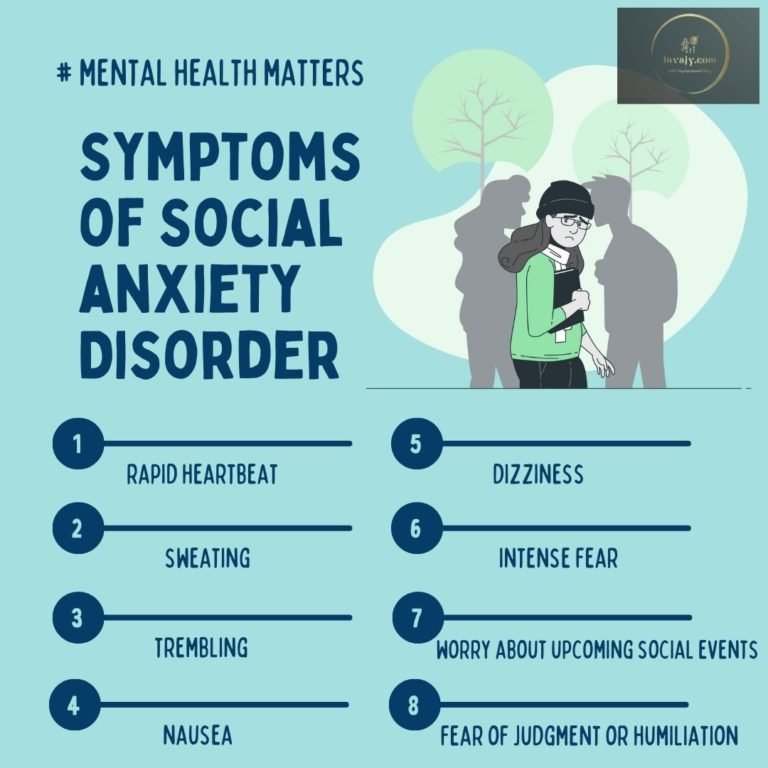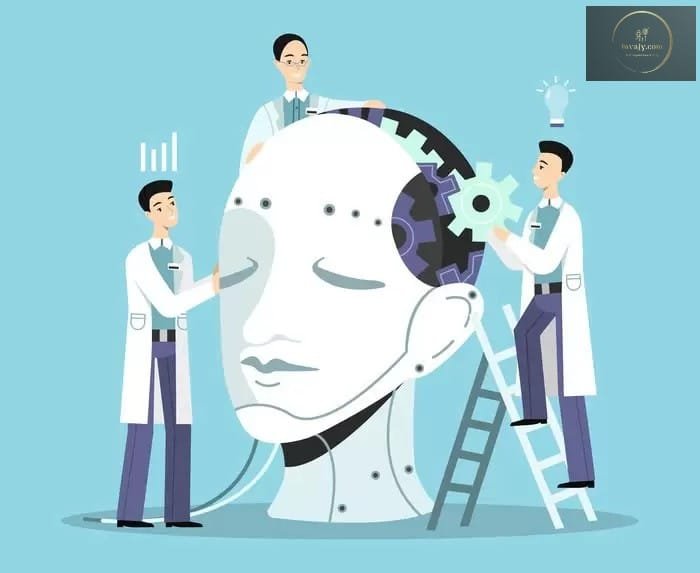Debunking Myths About Mental Health
Dispelling myths about mental health is essential for fostering understanding and support. By challenging misconceptions, we can create a more compassionate and informed society that promotes wellness and acceptance for all.

Individuals who suffer from mental illnesses are undoubtedly subjected to prejudice as a result of misunderstandings about their sickness. As a consequence, many individuals who may gain from mental health care are hesitant to seek help for fear of being judged negatively. And, this is one of the challenges facing men’s mental health. Mental health myths worsen this stigma.

According to the World Health Organization, around 20% of the 400 million people globally who are impacted by mental illness seek treatment. The World Psychiatry Association launched a worldwide campaign to combat the stigma and discrimination that many people feel toward persons who suffer from mental illnesses.
Many people are unable to receive the care they require due to misconceptions regarding mental illness. Stigma, or the shame involved with requiring mental health treatment, may be extremely damaging. Given the rising prevalence of mental health problems, depression, and anxiety, ongoing stigma forces many to suffer in silence. Some of the most frequent mental health myths and truths are listed below.
Mental disease does not exist; people make it up
Fact: Mental illness is a genuine thing. Mental disease affects the brain in the same way that physical sickness does. Depression, for example, is caused by a chemical imbalance in the brain, which could also lead to symptoms such as weariness, mood swings, and a lack of motivation, all of which have an influence on a person’s quality of life. Mental disease, like physical sickness, requires therapy to reduce or eliminate symptoms and improve the individual’s health.
Mental disease affects just particular types of people
Fact: Anyone, regardless of age, socioeconomic status, culture, or community, is at risk of acquiring mental health problems. Mental health problems are unrelated to a person’s mental strength, personality qualities, or perspective. A mix of societal, biological, genetic, environmental, and psychological variables might cause them. We should take mental health seriously and learn how to avoid, treat, and cope with mental illness.
Mental illnesses are incurable and cannot be cured or averted
Fact: Most mental health problems can be addressed if they are detected early and treated appropriately. In other circumstances, treatment is offered to help people cope with the effects of a significant mental illness so they may regain control of their lives. Recovering from mental illness is also dependent on whether the individual has access to a good support system—for example, family and friends—who are aware of and knowledgeable about mental health difficulties.
Controlling or modifying socioeconomic, biological, environmental, and psychological variables can help to avoid some mental health problems. Substance misuse, for example, can be avoided by ensuring that the individual lives in a healthy environment.
Mentally ill people are aggressive and should be detained or sent to an asylum
Fact: People with mental disorders (psychosocial impairments) face a lot of stigma; they’re generally seen as aggressive and needing to be isolated from society. However, a person’s mental disease may not be the same severity all of the time, and mental disorders can be handled without institutionalization.
For example, if a person has high blood pressure, their condition will not deteriorate as long as they keep an active lifestyle and take the proper medicine. However, when they are experiencing a medical emergency, such as a heart arrest, they must be admitted to the hospital.
In the same way, a person with mental illness is only admitted to a hospital if they are a threat to themselves or others owing to self-harming inclinations or significant emotional dysregulation.
It’s important to remember that persons with mental illnesses aren’t always in a state of crisis—many individuals who are unable to receive treatment or who do receive treatment do so while remaining active members of their communities, working, and building good relationships.
Whenever a devil or a departed spirit enters the body, it causes mental health concerns
Fact: This is, without a doubt, the oldest mental disease myth. A mix of hereditary and environmental variables contribute to mental health problems. Endorsing such falsehoods leads to more people seeking therapy from faith healers, which can prolong their symptoms and make mental health concerns more stigmatized.
Mental illness is a symptom of weakness or a lack of resolve
Fact: One of the most harmful myths regarding mental illness is this one. Mental diseases, like hypertension, cardiovascular disease, and other physical health issues, are medical ailments. Genetic factors, environment, and life events such as trauma are all variables that contribute to them. Managing a mental illness needs perseverance and strength. Fortunately, as public knowledge of mental illness rises, this mental health misconception is fading.
When a person gets a mental health condition, it will stay until the end of their lives. They’ll never be able to recuperate
Fact: Mental health does not remain constant. It fluctuates throughout your life. Many things can affect how you feel. Any of these circumstances might affect your mental health. Many of the issues you may encounter throughout therapy are just transitory. A proper treatment plan can assist you in working through your issues and recovering. This does not imply that the issue has been resolved. But you can live with it and still contribute to society.
Professional success is impossible for those with mental health issues

Fact: This outmoded mental disease myth delivers a biased message that persons with mental problems shouldn’t work. While those with severe mental diseases are less likely to be working than those with lesser illnesses, the majority of persons with mental illnesses do work. More than a third of persons suffering from significant mental illness also work. The majority of persons with mental illnesses desire to work, and studies demonstrate that doing so improves overall health and wellbeing.
Mentally ill individuals are dangerous
Fact: Some of the most harmful preconceptions about persons with mental illness are based on this incorrect view. Mentally sick people are almost never harmful. Even those with the most serious mental disorders, whose symptoms may compel them to act strangely, are rarely hazardous.
Treatment for mental illness is ineffective
This mental health myth has been refuted by research. Cognitive Behavioral therapy (CBT), Dialectical Behavior Therapy (DBT), and Interpersonal Therapy have all undergone significant research and have been shown to be beneficial in the treatment of mental illnesses. According to research, talk therapy is more beneficial than medicine on its own, and a combination of the two is most successful in treating specific mental health conditions.
Final thoughts

Physical and mental health are equally vital. To have strong overall health, it is therefore important to ensure your mental and physical wellness.
Many misconceptions about mental health exist. Since mental illness is a medical issue, it’s critical to be conscious of them and to get treatment if you require it. If you’re having trouble with your mental health, don’t be afraid to get help from a professional. Some individuals may be able to assist you in obtaining the care you want.






